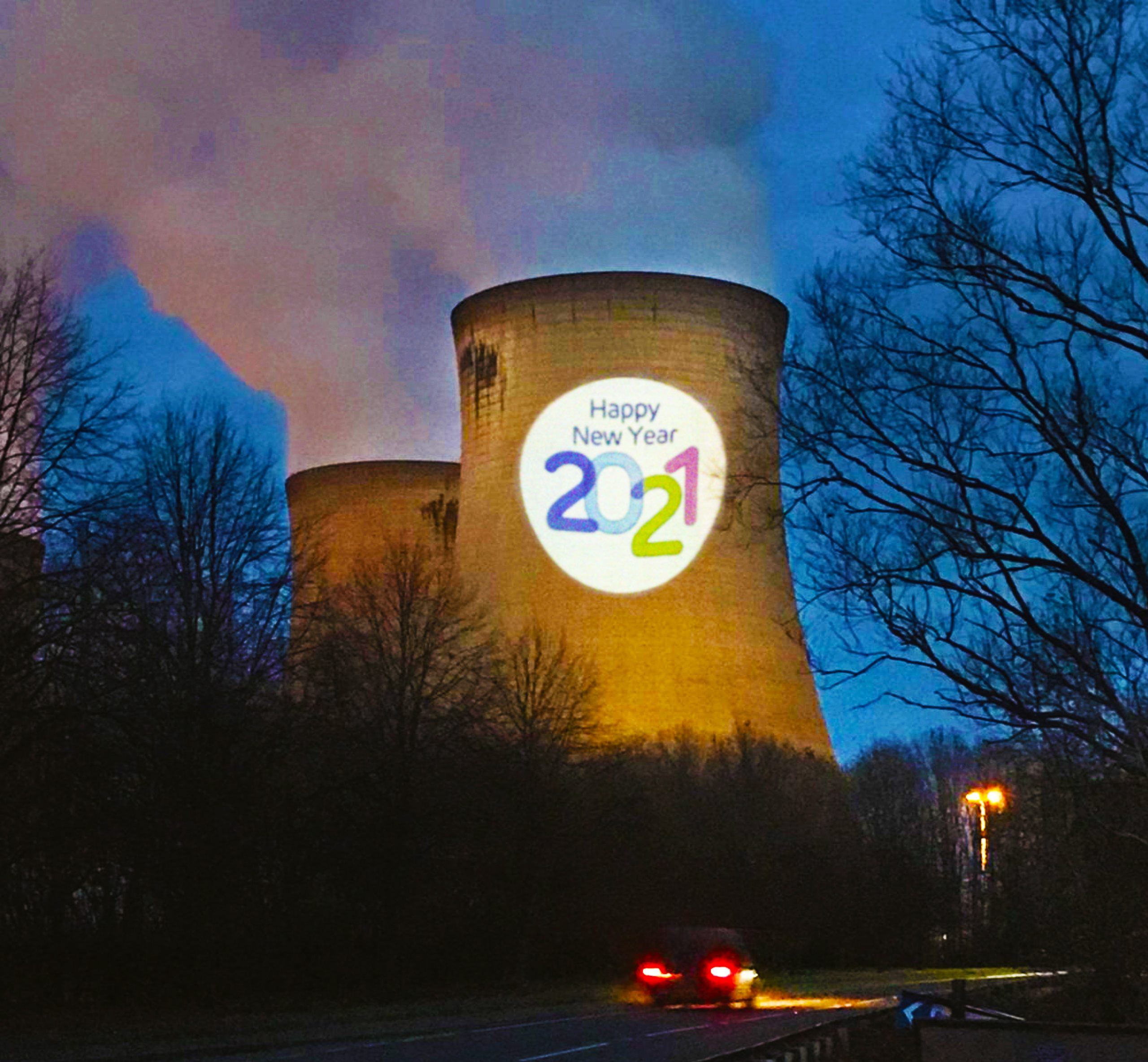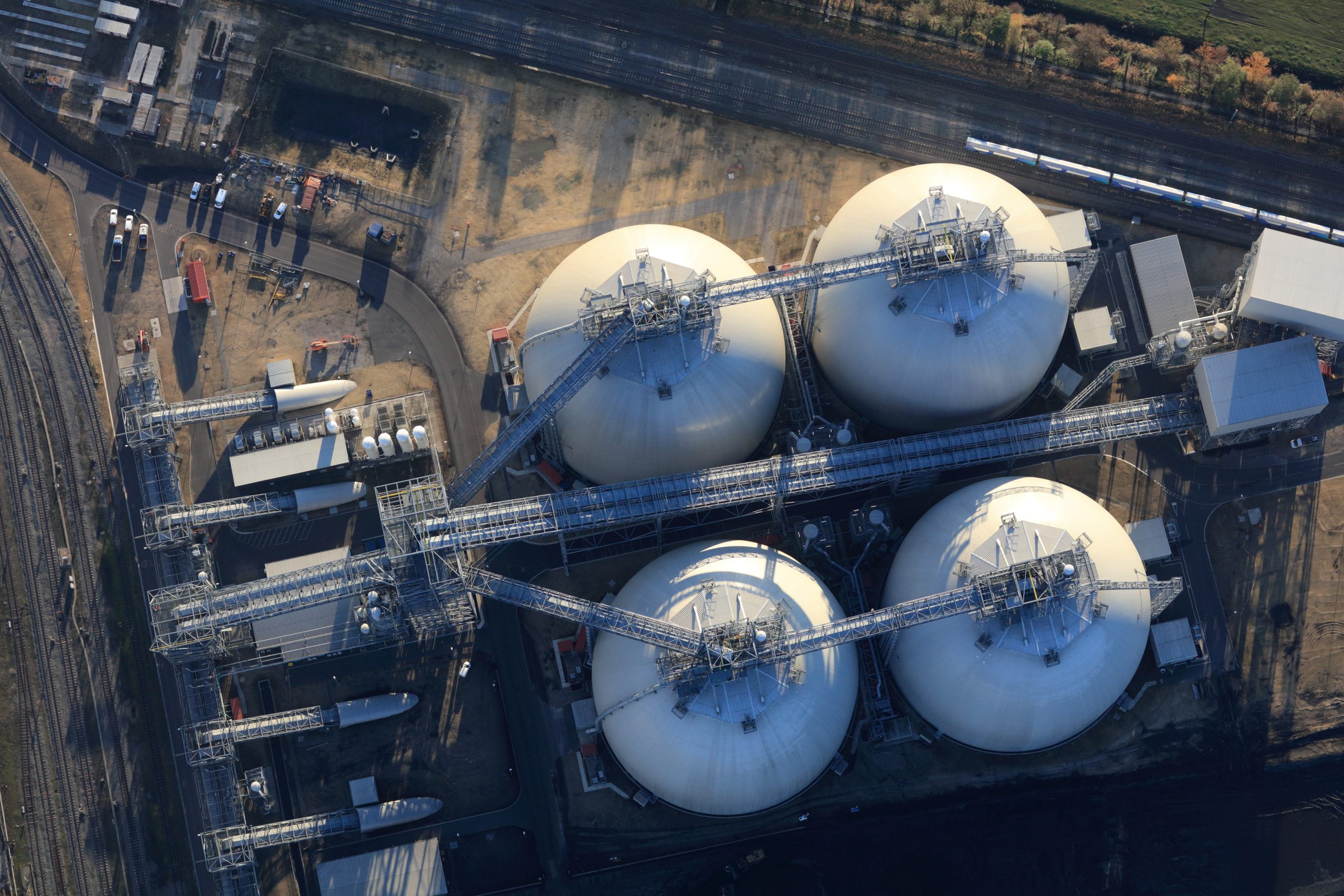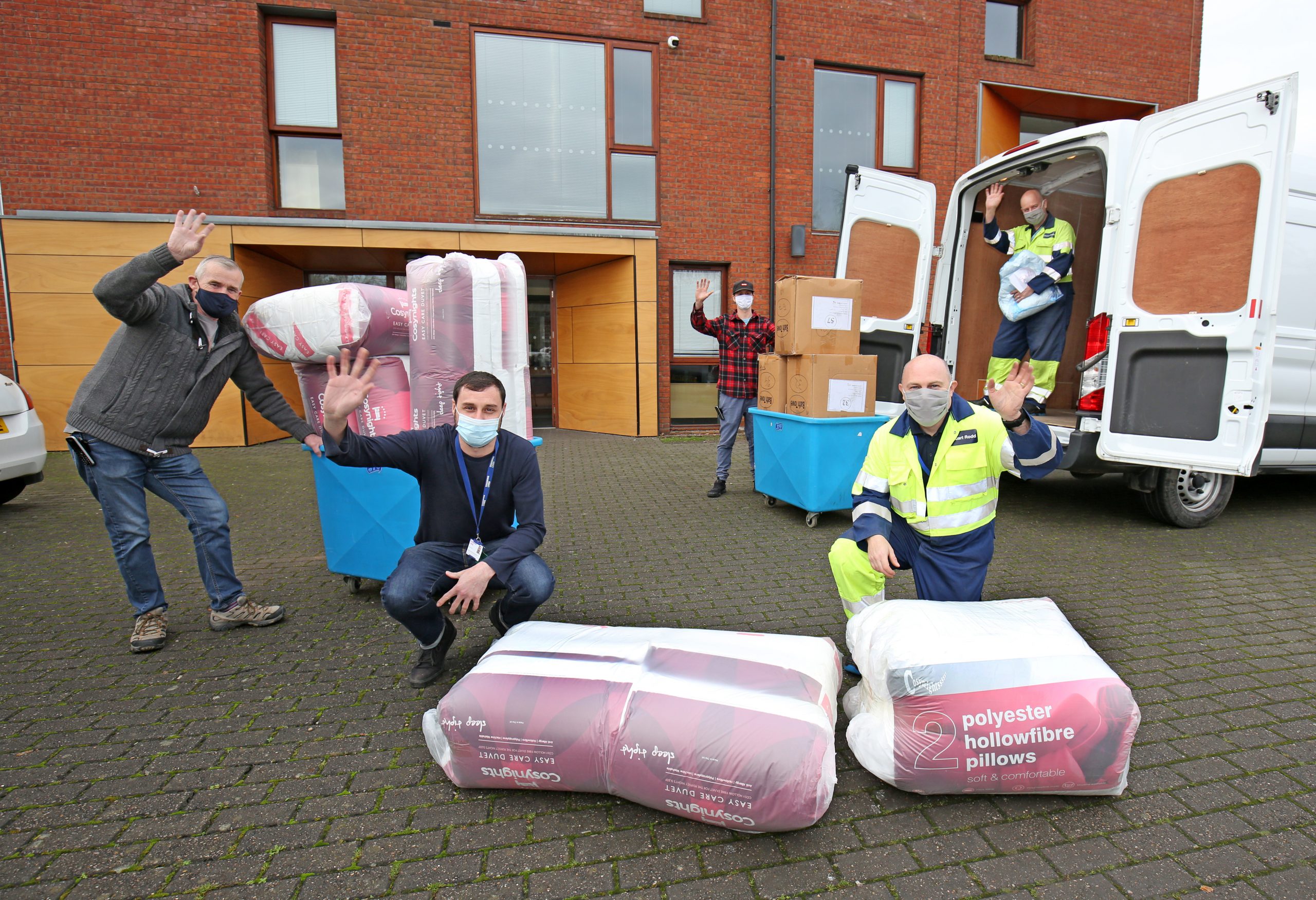
Some of the world’s best loved children’s books are being read and recorded by employees at Drax Group as part of an initiative to support each other and their families during the Covid lockdown.
Around 40 people working for the energy company from across its power generation, biomass production and energy supply businesses have contributed to the ‘Storytime’ audio library project, reading and recording a few chapters of the books each.
The energy company owns and operates Drax Power Station in North Yorkshire which is the UK’s largest single site renewable power generator and the largest decarbonisation project in Europe following its conversion from coal to use sustainable biomass.
The Storytime initiative is part of Drax’s wellbeing work which aims to help employees live well and stay connected.
Drax Group CEO Will Gardiner, who recorded the first chapter of Roald Dahl’s Charlie and the Chocolate Factory for the initiative, said:
“The idea to record the stories for children came about because we wanted to bring people together and help each other out during the lockdown.
“Telling stories is something us humans have been doing for literally thousands of years, it brings people together and creates a shared experience – which is something I think we’re all missing, to some extent, at the moment.
“Reading or listening to a story is a great way to escape into another world. I’ve always enjoyed reading to my own children when they were younger and I hope the recordings will provide others at Drax and their families with some entertainment, and make us all feel a little closer together, even though we are apart during this lockdown.”
The first two books to have been recorded by employees from across Drax’s operations in the UK and USA, are Charlie and the Chocolate Factory by Roald Dahl and The Ice Monster by David Walliams.
The audio library will be launched at Drax during National Storytelling Week (Jan 30 to Feb 6) with the stories being posted on the Drax Group employee intranet service for people to download and listen to at home.
If the initiative proves to be popular with employees and their families, further stories will be recorded with titles chosen via an online ballot.
During the Covid pandemic, Drax has supported the communities it operates in through a number of initiatives, including donating over 850 laptops with internet access to schoolchildren across Britain who were unable to learn from home, supplying free energy to 170 care homes and backing a business debtline to offer support for small businesses.
Pic Caption: Drax Group CEO Will Gardiner reading from Roald Dahl’s Charlie and the Chocolate Factory for Drax’s Storytime initiative.
ENDS
Media contacts:
Aidan Kerr
Drax Group Media Manager
E: aidan.kerr@drax.com
T: 07849090368
Megan Hopgood
Drax Group Media Intern
E: megan.hopgood@drax.com
T: 07936350175
About Drax
Drax Group’s purpose is to enable a zero carbon, lower cost energy future and in 2019 announced a world-leading ambition to be carbon negative by 2030, using Bioenergy with Carbon Capture and Storage (BECCS) technology.
Its 2,900-strong employees operate across three principal areas of activity – electricity generation, electricity sales to business customers and compressed wood pellet production.
Power generation:
Drax owns and operates a portfolio of renewable electricity generation assets in England and Scotland. The assets include the UK’s largest power station, based at Selby, North Yorkshire, which supplies five percent of the country’s electricity needs.
Having converted two thirds of Drax Power Station to use sustainable biomass instead of coal it has become the UK’s biggest renewable power generator and the largest decarbonisation project in Europe. It is also where Drax is piloting the groundbreaking negative emissions technology BECCS within its CCUS (Carbon Capture Utilisation and Storage) Incubation Area.
Its pumped storage, hydro and energy from waste assets in Scotland include Cruachan Power Station – a flexible pumped storage facility within the hollowed-out mountain Ben Cruachan.
Customers:
Through its two B2B energy supply brands, Haven Power and Opus Energy, Drax supplies energy to 250,000 businesses across Britain.
Pellet production:
Drax owns and operates three pellet mills in the US South which manufacture compressed wood pellets (biomass) produced from sustainably managed working forests. These pellet mills supply around 20% of the biomass used by Drax Power Station in North Yorkshire to generate flexible, renewable power for the UK’s homes and businesses.
For more information visit www.drax.com

















 helping to displace
helping to displace  on Great Britain’s power system has broken a new record
on Great Britain’s power system has broken a new record .
. Gigawatts
Gigawatts  were generated during yesterday’s evening’s peak
were generated during yesterday’s evening’s peak 










